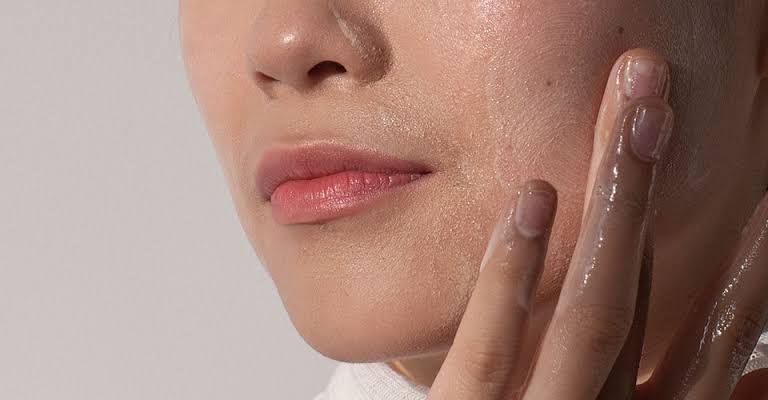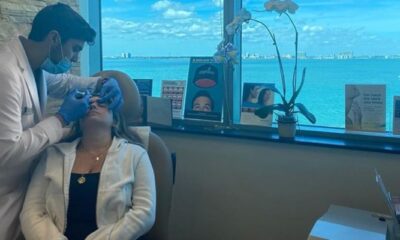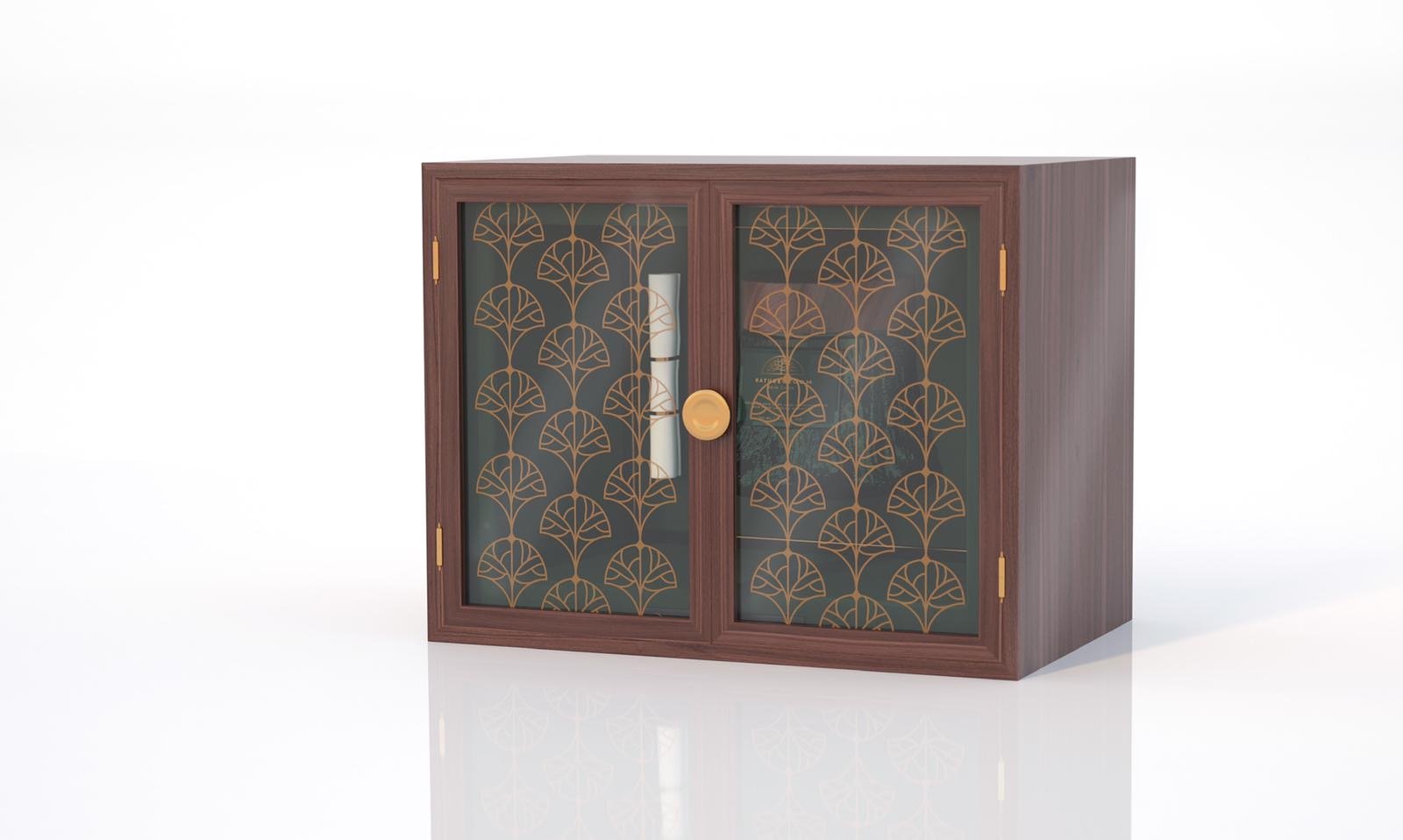Health
Which Skincare Routine Works Best For Acne-Prone Skin?

Find the best skincare routine for acne-prone skin. Discover effective steps, ingredients to use or avoid, and tips to reduce breakouts while keeping your skin balanced and healthy.
Introduction
Finding the right skincare routine for acne-prone skin can be challenging, especially with so many products and opinions available. However, a consistent and evidence-based approach is key to reducing breakouts, supporting skin recovery, and improving overall skin health. This guide outlines the essential steps and principles recommended by dermatologists to help you build a routine that works for your skin.
Core Principles for Caring for Acne-Prone Skin
Establishing an effective skincare routine starts with understanding the key principles that support healthy skin and help minimise breakouts:
- Be Gentle with Your Skin: Scrubbing too hard or using harsh products can damage your skin’s protective barrier. It may actually worsen acne. A gentle cleanser and soft touch go a long way in calming inflammation and preventing irritation.
- Stay Consistent: Improving acne-prone skin takes time. Following your routine every day, without skipping steps, is essential for long-term results. Changing products too often can delay progress.
- Choose Non-Comedogenic Products: “Non-comedogenic” means a product is less likely to clog pores. Look for this label on moisturisers, sunscreens, and makeup to help reduce the risk of new breakouts.
- Be Patient: Visible improvements in acne and skin texture can take several weeks. Sticking with your routine and giving your skin time to respond is key to seeing lasting results..
Constructing Your Daily Skincare Routine
A well-structured routine involves distinct steps for morning and evening, each serving a specific purpose:
Morning Routine (Protect & Prepare)
The morning routine focuses on cleansing, treating, and protecting your skin for the day ahead.
- Cleanse Gently: Start with a mild, pH-balanced cleanser. This step effectively removes excess oil, impurities, and any residues from overnight treatments without stripping the skin of its natural moisture.
- Apply Targeted Treatments (If Applicable): If your dermatologist has prescribed morning topical treatments (e.g., certain topical antibiotics or antioxidants), apply them at this stage. These formulations work to address specific concerns like inflammation or bacterial growth.
- Moisturise Adequately: Even oily or acne-prone skin requires hydration. Skipping moisturiser can ironically signal your skin to produce more oil to compensate. Opt for a lightweight, non-comedogenic formula.
- Crucial Sun Protection: Conclude your morning routine with a broad-spectrum sunscreen of at least SPF 30. Choose formulas labelled “oil-free” or “non-comedogenic.” Sun exposure can exacerbate post-inflammatory hyperpigmentation (dark spots) and potentially worsen acne inflammation.
Evening Routine (Cleanse & Treat)
The evening routine is dedicated to thorough cleansing, active treatment, and barrier repair during the skin’s regeneration cycle.
- Thorough Cleanse: Begin with your gentle cleanser to remove makeup, sunscreen, and daily accumulated impurities. For those who wear heavy makeup or sunscreen, a double cleanse (starting with an oil-based cleanser or micellar water, followed by your regular cleanser) can ensure complete removal.
- Apply Active Treatments: This is typically the optimal time for applying stronger acne treatments, such as prescription topical retinoids (like tretinoin cream), benzoyl peroxide, or other specialised serums, as many work best overnight without sun exposure.
- Moisturise to Support & Repair: Apply your non-comedogenic moisturiser as the final step. This is vital to soothe the skin, combat potential dryness or irritation from active acne treatments, and support the skin’s barrier function during its nocturnal repair process.
Xylite 50ml Lotion: An Optimal Choice for Acne-Prone Skin
Choosing the right moisturiser is essential when you have acne-prone or oily skin. It needs to hydrate effectively without clogging pores or triggering new breakouts. Xylite Lotion, available at Apollo Pharmacy, is specially formulated to meet these needs, making it an excellent addition to your skincare routine.
Its key advantages include:
- Non-Comedogenic & Hypoallergenic: These essential properties ensure that Xylite lotion will not clog pores or trigger allergic reactions, which are paramount concerns for sensitive, acne-prone skin.
- Lightweight and Non-Greasy: Its formulation provides necessary hydration without leaving any heavy, oily, or sticky residue, making it ideal for those with oilier skin types who often find rich creams uncomfortable.
- Effective Hydration: It delivers balanced moisture, which is crucial for maintaining a healthy skin barrier and preventing the skin from overcompensating with excess oil production when dry.
Incorporating a product like Xylite lotion into your routine ensures your skin remains hydrated and comfortable, without compromising your efforts to manage breakouts.
Important Considerations for Managing Acne-Prone Skin
Beyond your daily routine, certain habits can significantly impact your skin’s health:
- Avoid Picking or Squeezing: This seemingly quick fix almost always exacerbates inflammation, pushes bacteria deeper into the skin, and significantly increases the risk of scarring and post-inflammatory hyperpigmentation.
- Maintain Cleanliness: Regularly change pillowcases, clean phone screens, and minimise touching your face throughout the day to reduce bacterial transfer.
- Patch Test New Products: Always apply new products to a small, inconspicuous area of your skin for a few days to check for any adverse reactions before full facial application.
- Lifestyle Factors: Recognise that diet, stress levels, and adequate sleep can also influence skin inflammation and breakout frequency.
When to Seek Professional Guidance
While a consistent and well-chosen skincare routine can make a significant difference, for severe, persistent, or cystic acne, professional medical intervention is often necessary. A dermatologist can provide an accurate diagnosis, prescribe stronger medications, recommend in-office procedures (like chemical peels or laser therapy), and tailor a treatment plan specifically for your skin’s unique needs.
Conclusion
Achieving clearer, healthier skin is possible with the right approach to caring for acne-prone skin. The foundation lies in building a consistent, gentle, and well-targeted skincare routine. By following essential steps such as proper cleansing, using effective treatments, applying sun protection, and choosing non-comedogenic moisturisers like Xylite lotion, you can support your skin’s natural healing process. Progress takes time, so patience and informed choices are important. If your skin concerns persist or become more severe, consulting a dermatologist can provide valuable guidance. With steady care and the right support, you can move toward a more confident and radiant complexion.
-

 Education3 weeks ago
Education3 weeks agoBelfast AI Training Provider Future Business Academy Reaches Milestone of 1,000 Businesses Trained
-

 Tech4 weeks ago
Tech4 weeks agoJonathan Amoia’s Insights on the Intoxication of Artificial Intelligence
-

 Business4 weeks ago
Business4 weeks agoAdel En Nouri’s Tips for Writing a Business Plan in 2026 That Actually Works
-

 Health4 weeks ago
Health4 weeks agoTolga Horoz: How Developing an Interest in How People Solve Problems Shapes Better Thinking and Innovation
-

 Sports2 weeks ago
Sports2 weeks agoUnited Cup 2026: Full Schedule, Fixtures, Format, Key Players, Groups, Teams, Where and How to Watch Live
-

 Cryptocurrency4 weeks ago
Cryptocurrency4 weeks agoWhen Crypto Markets Calm Down: How NB HASH Builds Stable Passive Income Through AI Computing Power
-

 Book2 weeks ago
Book2 weeks agoAuthor, Fighter, Builder: How Alan Santana Uses His Life Story to Empower the Next Generation Through UNPROTECTED
-

 Health3 weeks ago
Health3 weeks agoNew Research and Treatments in Motor Neurone Disease
















